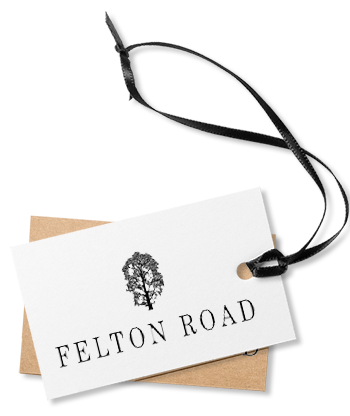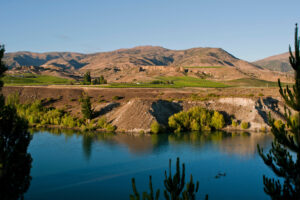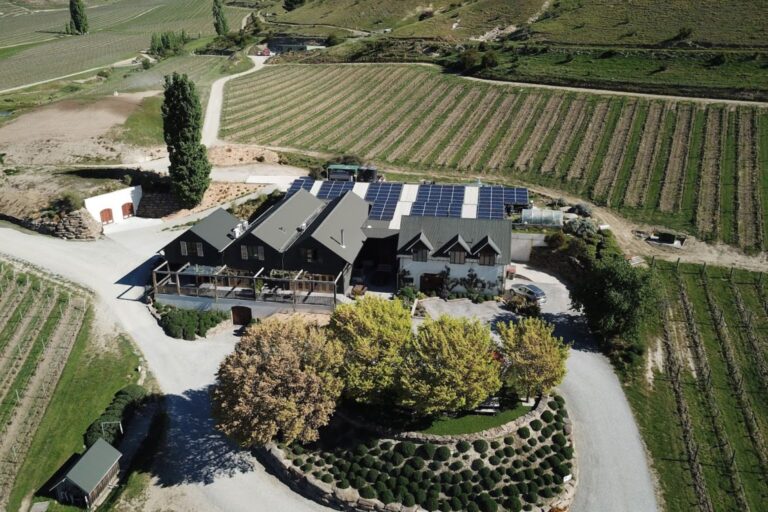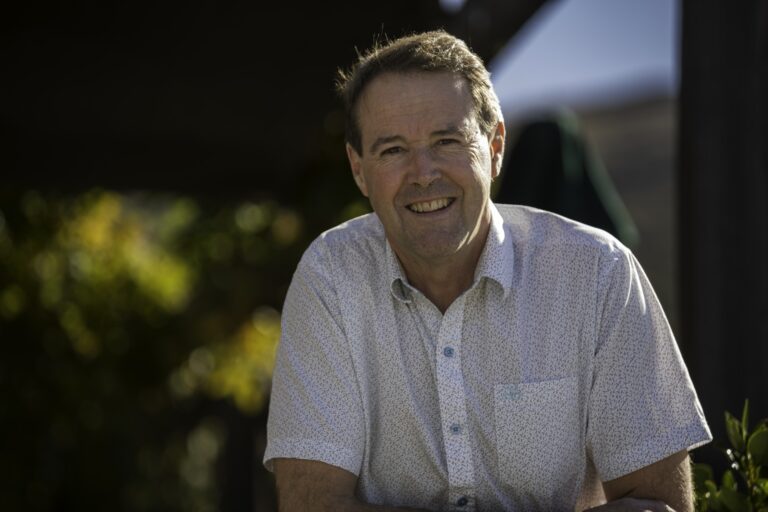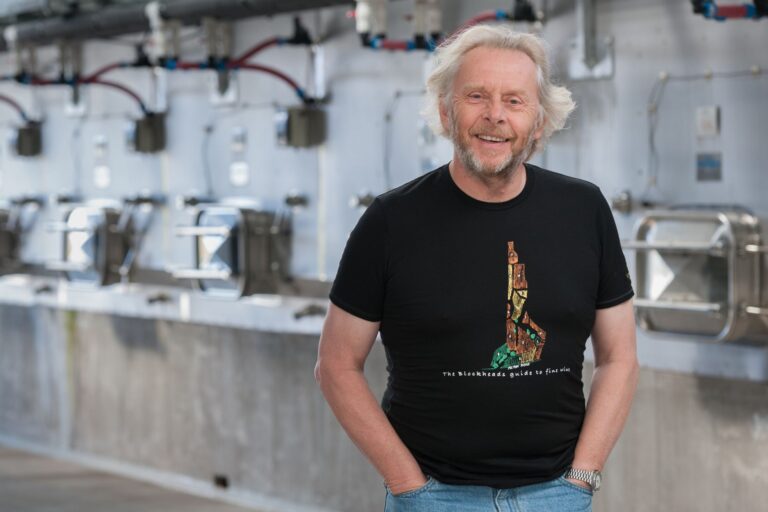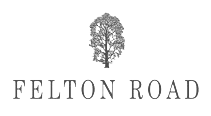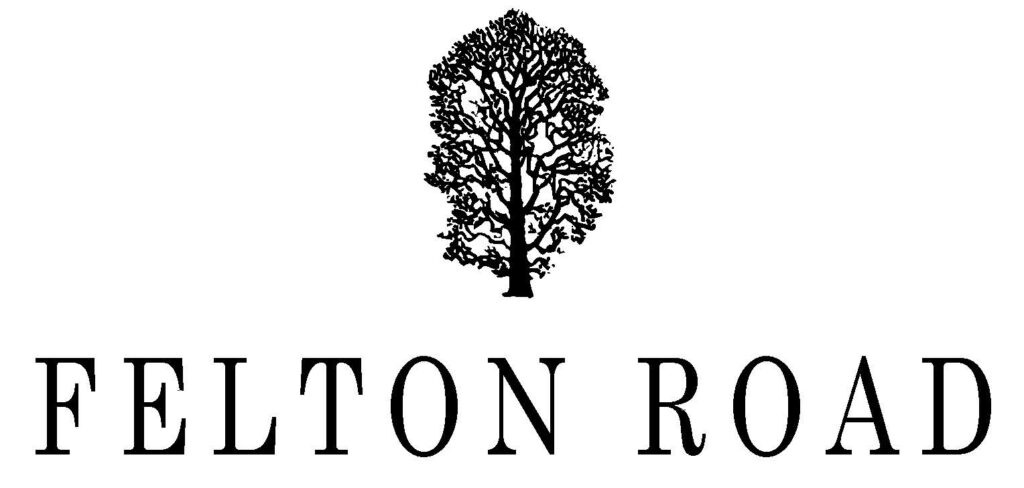I’ve been rather absorbed in thinking about the thorny issues that lurk around the word sustainable. Most of the time, when I see conversations on this subject with respect to wineries and vineyards, talk gravitates towards shunning chemicals, organics, biodynamics, leaving the land better than you found it, recognising one’s role as a custodian of the land… and so on. Now I don’t mean to criticise such thoughts, but I also don’t see that much altruism in them either. All of these ideas can be rephrased as protecting one’s investment rather than protecting the environment. After all, as my friend Nick Mills is fond of pointing out: the land doesn’t want the 20,000 vines you put on it. In fact it labours under the imposition. If we really cared about the environment of our vineyards we wouldn’t fill them with those pesky grapevines. And my few tens of hectares of my biodynamic farming isn’t really going to change the world at large.
So, what can we say about sustainability? The enraged herd of bull elephants in the room in this regard are all pointing in one direction: climate change. Rather than seek praise for the absence of chemicals in my farming, I should be measured by my sincere efforts to make the biggest differences I can with regard to climate. My thought is that I’ll always focus on the three most significant ways I can reduce any emissions that exacerbate climate change.
Number one on the list for all wineries is easy: glass. For most wineries, glass is the single biggest carbon emitter. So can I do without? The reality is that geography plays a big part here. A winery close to Melbourne, or San Fransisco, for example, can do a great deal with kegs. Restaurants that use wine kegs are exemplary and deserve our enthusiastic support. But they need to be close enough to the winery that the logistics and carbon cost of transporting empty ones back for wash and fill as well as delivering full ones on a just-in-time basis (necessary as wine is quite time limited in a keg) makes commercial as well as carbon sense. Bannockburn is 1500 kilometers from the nearest major city: Auckland (think London to Venice for those not in NZ) so kegs don’t really work. As our wines are expected to age well for decades, a box or bag doesn’t really work, so glass it is. But the thinnest glass on the market with the highest recycled content we can find. 417 grams of glass is the current champion, and I was pleased to see that Jancis Robinson recently weighed our Pinot Noir at 1165 grams full. (Though if her scales were right the bottle might have been a touch under filled! More likely the bottle was a touch thinner than average.) Re-use would be good, but New Zealand exports the vast bulk of the wine it makes, so actually getting enough of the right kind of bottles back would be a serious issue. Bottom line is that weight is the key for us. There is zero benefit to having a heavier bottle, so no excuse either.
Number two? Energy. Grapes tend to be grown in sunny places, so there can be little excuse for not having solar power on hand. For a while we didn’t do it as all our electricity comes emissions free from a small dam a few kilometers up the road. But, while South Island New Zealand is 100% renewables for electricity, we proudly export our surplus to the North Island which isn’t. So, if we generate our own, the stuff from the dam can go to North Island on the grid. Our water is off grid as well as is our waste water. We buy diesel for tractors and a gas cyclinder for the Barbie, but, thanks to the 120 panels now on the winery roof, we aim to be a net producer of electricity, (we hope! These things aren’t an exact science). It also means we have our own juice for the company electric car.
Number three is the most controversial in some ways. Zero growth. 20 years ago we made ourselves a promise that we would never grow beyond 400 barrels (150,000 bottles total production a year). It’s controversial, because most people seem to think we are mad. Growth is so endemic to business thinking that we are banned from such things as export awards because we have no growth record or target. That, alone, is in my opinion the biggest indicator of how far thinking has to change to start to challenge the climate issue. Sustainable growth is not a maxim of sensible business, it’s an oxymoron.
Nigel and the team at Felton Road
